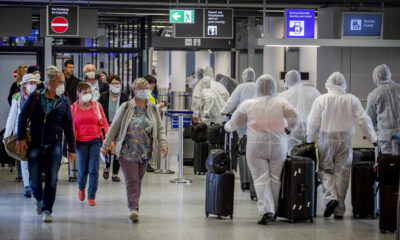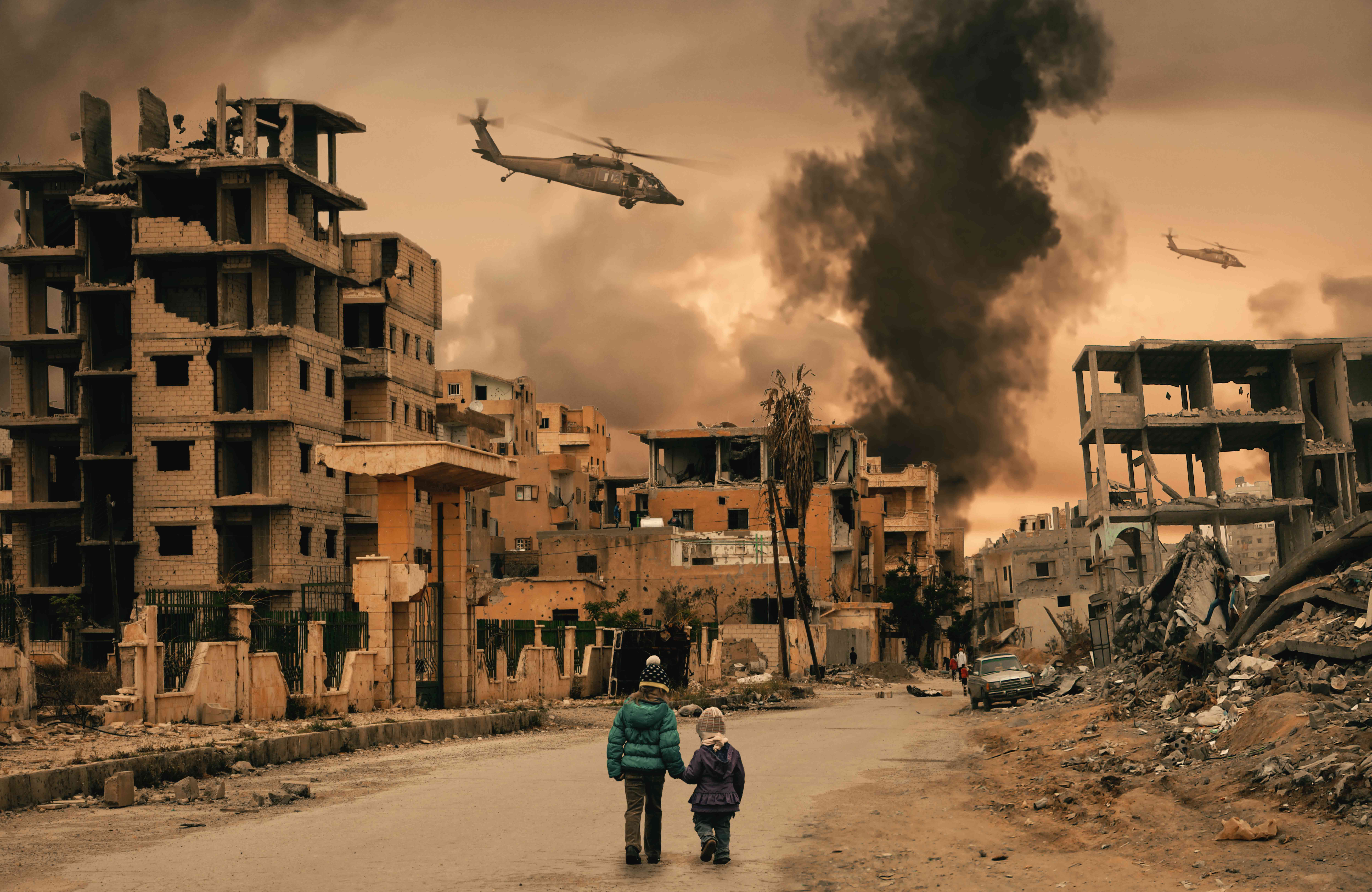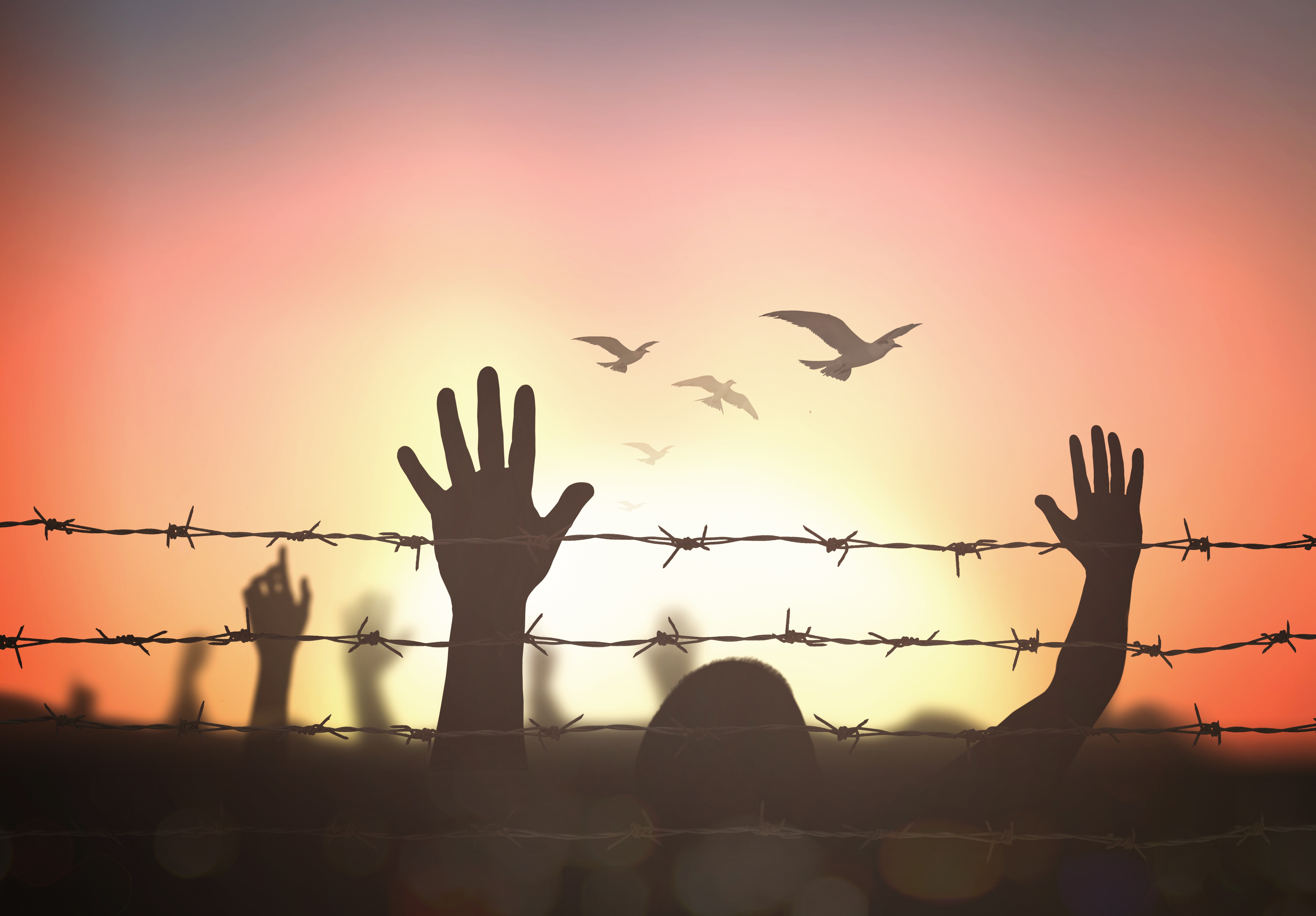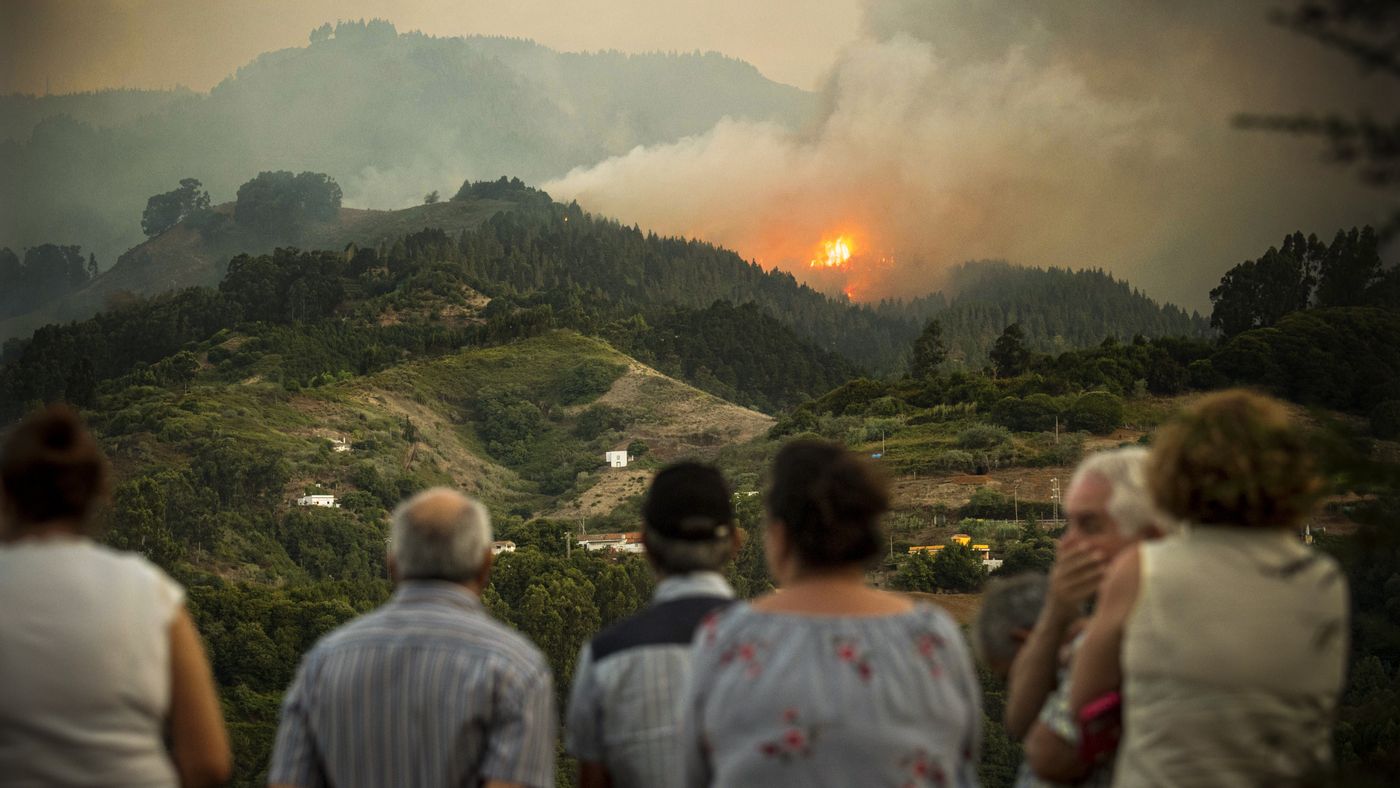Insights
The land of lost children
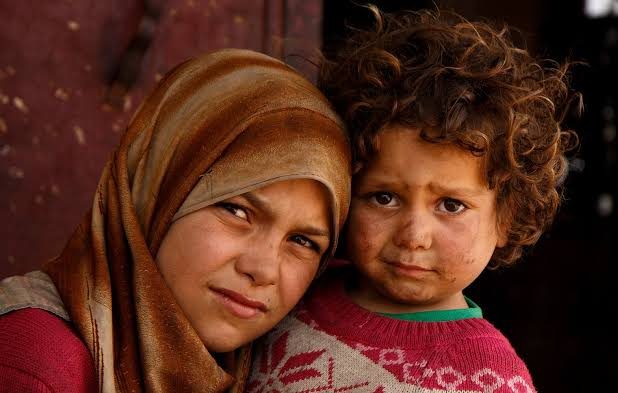
Looking for a moment of joy
Young children often enjoy books, toys, songs, and stories with a good rhyme. From time to time, you might notice your child pointing at a specific object or toy and asking for it. Some children are absolutely obsessed with super heroes, others, in war zones, earn for things that are much simpler than a fancy toy; they only look for a moment of joy.
Neither their governments and humanitarian-aid groups, nor their families, can guarantee their right to have a normal childhood. Unfortunately, the majority of children in war zones are sexually and emotionally abused. Most of them do not know what freedom is, due to their painful experiences, and instead of living in joy and peace, they experience agony and fears, making them look much older than their age.
It is not these children’s fault to find themselves born and raised in a conflict zone. It is not their fault to be brought up as orphans. It is not their fault to have no chances for good schooling, proper housing, and overall security. They are a lost generation; a true tragedy of our time.
Children in war zones
According to the UNICEF’s press release on 20 September, 2019, nearly one out of five babies globally spent their earliest moments in unsafe communities affected by the chaos of conflict, throughout 2018.
Children are always the primary victims of wars and conflicts. Most of them are recruited by a state or a non-state armed group as fighters, suicide bombers, human shields, messengers, spies, or sexual objects. They can also find themselves separated from their parents. By the end of 2017, 13 million child refugees were forcibly displaced around the world. Moreover, there are approximately 936,000 asylum-seeking children and around 17 million children displaced within their own countries, as a result of violence and conflict, in addition to an estimated 2.5 million Palestinian refugees registered with UNRWA, as reported by UNICEF.

Taking action
In February 2016, Dr. Aala El-Khani, a Syrian Humanitarian Psychologist, narrated another side of the story that touched the hearts of all the listeners. In her TED Talk at the University of Manchester, she shed light on the real super heroes that children can find in war zones; their parents. She shared her experience of working with and supporting refugee families in Syria, and narrated how she saw parents who would do everything they can to make their children happy and safe amid destruction.
“Children can be protected by warm, secure parenting during and after conflict”. With that assertion, Dr. Aala set off her talk, referring to the great influence parents can have to reduce the harmful effects of war on their children. She highlighted the ordeals that parents face in war zones, especially the daily struggle of providing basic needs, such as food and water to their families. She also noted that despite the difficulties, parents in refugee camps made their children their top priority. “These families were so motivated to support their children. They were making attempts at seeking support from NGO workers, refugee camp teachers, professional medics, and other parents,” she said. But these calls for help did not always find an answer.
Dr. Aala, therefore, decided to be positive and take action, by providing psychological assistance to the families in the refugee camps. With the help of NGO workers, she managed to distribute parenting advice leaflets, enclosed in the daily bread portion wrappers, to the families in the refugee camps, to help them build a psychological shelter that can support them in protecting their children. Eventually, Dr. Aala called on all NGO workers, policy makers, international organizations, and everyone of us to make the needs of these families and children our priority. She concluded her TED talk by saying, “When we begin to recognize the individual faces of the conflict, when we begin to notice those intricate emotions on their faces, we begin to see them as humans, too. We begin to see the needs of these families, and these are the real human needs“.
A message of peace to the world
“Today, as the winds of war are blowing in our world and an outdated model of development continues to produce human, societal, and environmental decline, Christmas invites us to focus on the sign of the Child and to recognize him in the faces of little children, especially those for whom, like Jesus, ‘there is no place in the inn.'” This is not just a message from Pope Francis to the whole world concerning children and families in war zones; it is a message of peace and love to all humanity. From the World Youth Forum and Sinai, the land of peace, we invite you to pray for these families and, most importantly, to take action. Peace and security are threatened by the danger of conflicts and wars. However, we can all unite to put an end to that. We can be the difference we want in the world, and, together, we can build a world where children can live their childhood, in peace, love, and harmony.

